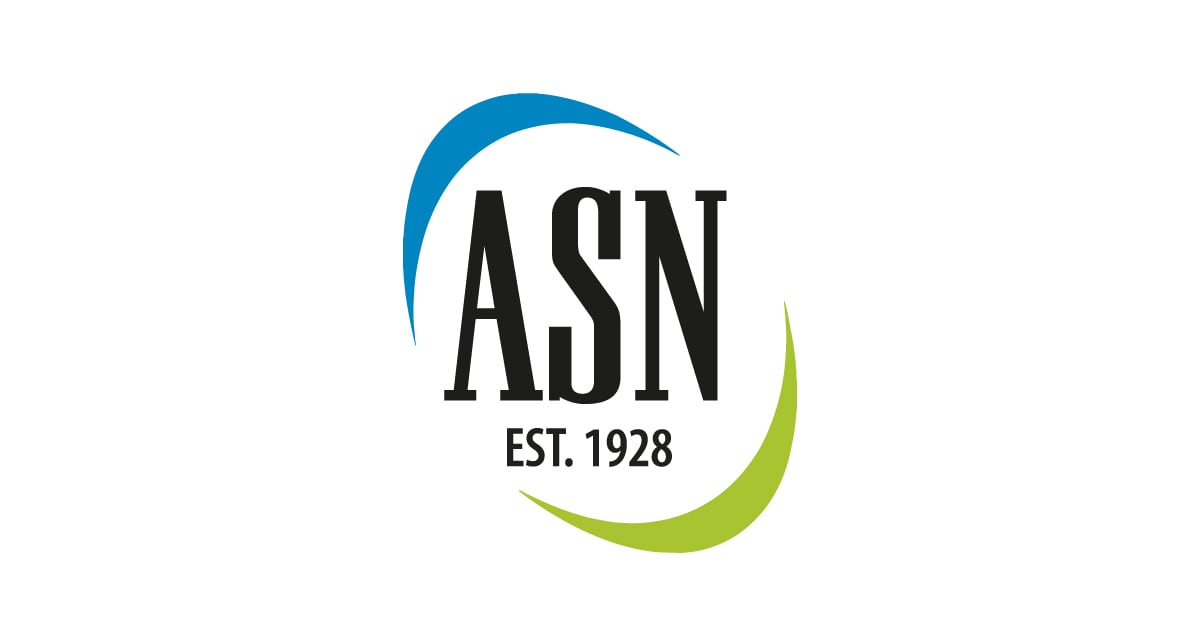Good nutrition has been shown to help with survival, growth, mental development, health, and well-being across one’s lifespan. Unearthing precisely what to eat to help achieve maximal benefit has been the subject of many research studies and debates, especially regarding childhood nutrition starting at an early age.
Research on Benefits of Breastfeeding
Breastfeeding has been recognized for its ability to provide infants with essential nutrients to help with growth and development. Research has shown there are many benefits associated with breastfeeding, such as building a healthy gut microbiota and increasing the bond between mother and child. The child benefits from the nutrients found in breast milk, such as docosahexaenoic acid (DHA) and arachidonic acid, omega-3 and -6 fatty acids essential for cognitive development. Somewhere down the line the notion that breastfeeding can make your baby smarter has been perpetuated. However, this has not yet been proven.
Researchers from the University College Dublin in Ireland conducted a study to investigate the impact of breastfeeding on children’s cognitive development. Around 8,000 families from the Growing Up in Ireland longitudinal infant cohort were randomly selected to participate. Data was collected when the child was 9 months old, 3 years old, and 5 years old. Questionnaires were used to measure children’s cognitive abilities, expressive vocabulary, and problem behaviors, and breastfeeding data was collected as retrospective self-report from the mothers. Propensity score matching, instrument variables, and sibling pair models were used for the analysis. The “breastfed” and “never breastfed” groups were matched based on infant, mother, and family-level factors, such as birth weight and maternal age.
The Science of Breastfeeding
Get more of the latest breastfeeding research from ASN On Demand:
- Breastfeeding, Human Milk Composition and the Infant Gut Microbiome: Implications for Lifelong Health
- What is Normal Milk? New Discoveries in Human Milk Composition: Diversity and Possible Function
- Social, Environmental, Behavioral, and Dietary Correlates of Human Milk Components
- and more!
Children who were breastfed scored higher on the problem-solving scale. However, after adjusting for potential confounders, this result was found to be no longer significant. This means other factors, such as socioeconomic status, could better explain the variability here. Breastfed children had lower parent-rated hyperactivity compared with controls after the adjustment, but this effect was only seen at 3 years of age. This may mean that breastfeeding helps reduce hyperactivity in the short term, but this effect was not maintained. Although the researchers found no evidence to support that breastfeeding helps improve cognitive abilities, they did note that their study did not contradict any of the medical benefits of breastfeeding. Research on breastfeeding will continue to be done and hopefully we will see more positive findings emerge in this area. For now, the current World Health Organization recommendation for breastfeeding is to exclusively breastfeed for the first 6 months of a child’s life, if you are able.
References:
Girard L, Doyle O, Tremblay RE. Breastfeeding, Cognitive and Noncognitive Development in Early Childhood: A Population Study. Pediatrics. 2017;139(4):e20161848. doi:10.1542/peds.2016-1848
Exceptional Science & Inspiring Speakers




